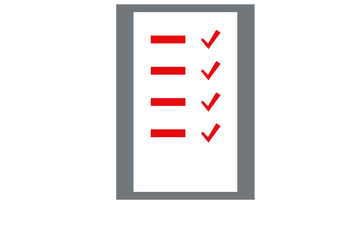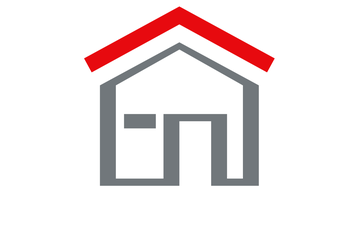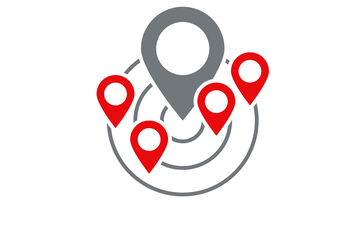- Official BOC UK Online | Industrial Gases | Products & Solutions | BOConline UK
-
Shop
- Industries
- Processes
- Gases & Equipment
-
Solutions
-
Services
-
Health & Safety
-
Contact & Support
- What's Happening
-
Net Zero Strategies
Handling Cylinders
BOC gas cylinders are designed and constructed in accordance with national and international standards and specifications
Note
The cylinder valves on all gas cylinders, whether they contain flammable or non-flammable gas, are right-hand threaded, i.e. opened by turning the spindle anti-clockwise and closed by turning the spindle clockwise.




